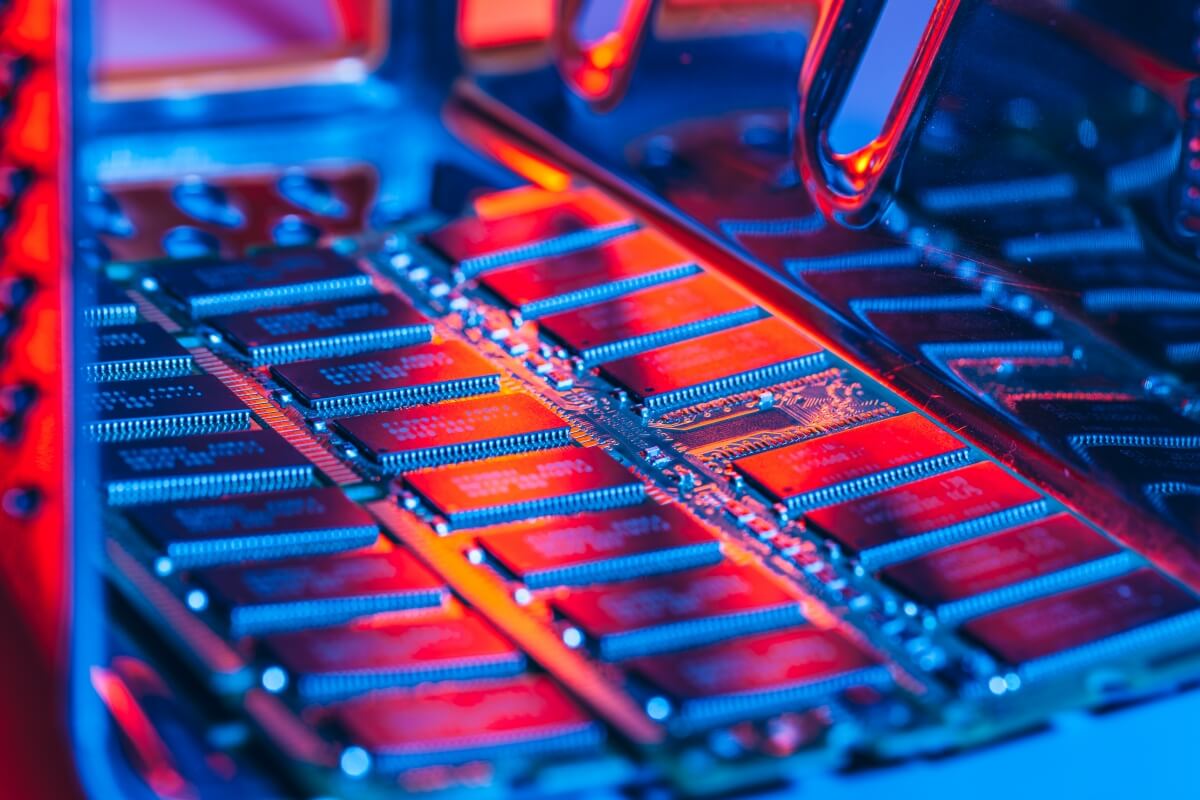Serving tech enthusiasts for over 25 years.
TechSpot means tech analysis and advice you can trust.
What just happened? Most companies would be pretty happy to report an expected quarterly operating profit of $6.78 billion, but not Samsung Electronics. The Korean technology giant has missed analyst expectations by about $900 million, leading the firm to issue an apology to its customers, investors, and employees.
While Samsung remains the world's leading memory chip manufacturer, it is facing increasing competition from rivals. "We have caused concerns about our fundamental technological competitiveness and the future of the company due to our performance falling short of the market's expectations," wrote Samsung Vice Chairman Jun Young-hyun.
"Many people are talking about Samsung's crisis. We, who are leading the business, are responsible for all of this."
Thanks to the AI wave, Samsung saw its operating profits jump almost 933% in the first quarter, a result of the surge in memory chip prices that remain in demand by AI companies looking for more hardware to power their systems. The second quarter was even better, with a 15x increase in Samsung's profits.
Samsung estimates an operating profit of 9.1 trillion won ($6.78 billion) for the three months ended September 30, which is up 274.5% from the same period last year. However, the amount falls short of the 10.3 trillion won LSEG SmartEstimate.

Samsung's Device Solutions (DS) division, responsible for semiconductor operations, saw its performance decline during the quarter, though that was due to one-off costs, including incentive provisions. Mobile division earnings were up, as were those at Samsung's display unit.
Samsung said that sales of its high-end HBM3E chips to a major customer have been delayed, contributing to the decline in earnings. One analyst told Reuters that Samsung is lagging behind SK Hynix in increasing sales of HBM chips to Nvidia.
Samsung is also feeling pressure from Chinese memory manufacturing rivals who have increased supplies of chips to devices such as smartphones. There's also the world's second-most valuable semiconductor company, Taiwanese giant TSMC, which Samsung is increasingly struggling to compete against.
Earlier this week, Samsung Electronics Chairperson Jay Y. Lee told Reuters that despite rumors, the company is not interested in spinning off its contract chip manufacturing business or its logic chip designing operation. Analysts say Samsung designing and manufacturing chips for other clients is resulting in billions of dollars of losses due to weak demand and dragging down overall performance. Lee wants to overtake TSMC as the world's largest contract chipmaker by 2030.
Samsung introduced a six-day workweek policy for executives earlier this year in a bid to overcome a chip "crisis" at the company. It also replaced the chief of its semiconductor division, and is cutting up to 30% of its overseas staff in some divisions.


/cdn.vox-cdn.com/uploads/chorus_asset/file/25706672/Screen_Shot_2024_10_30_at_12.04.25_PM.png)

:quality(85):upscale()/2024/10/29/625/n/1922564/ec222ac66720ea653c5af3.84880814_.jpg)
:quality(85):upscale()/2021/07/06/971/n/1922153/7d765d9b60e4d6de38e888.19462749_.png)
:quality(85):upscale()/2024/10/29/957/n/1922441/c62aba6367215ab0493352.74567072_.jpg)

:quality(85):upscale()/2024/10/29/987/n/49351082/3e0e51c1672164bfe300c1.01385001_.jpg)
 English (US) ·
English (US) ·